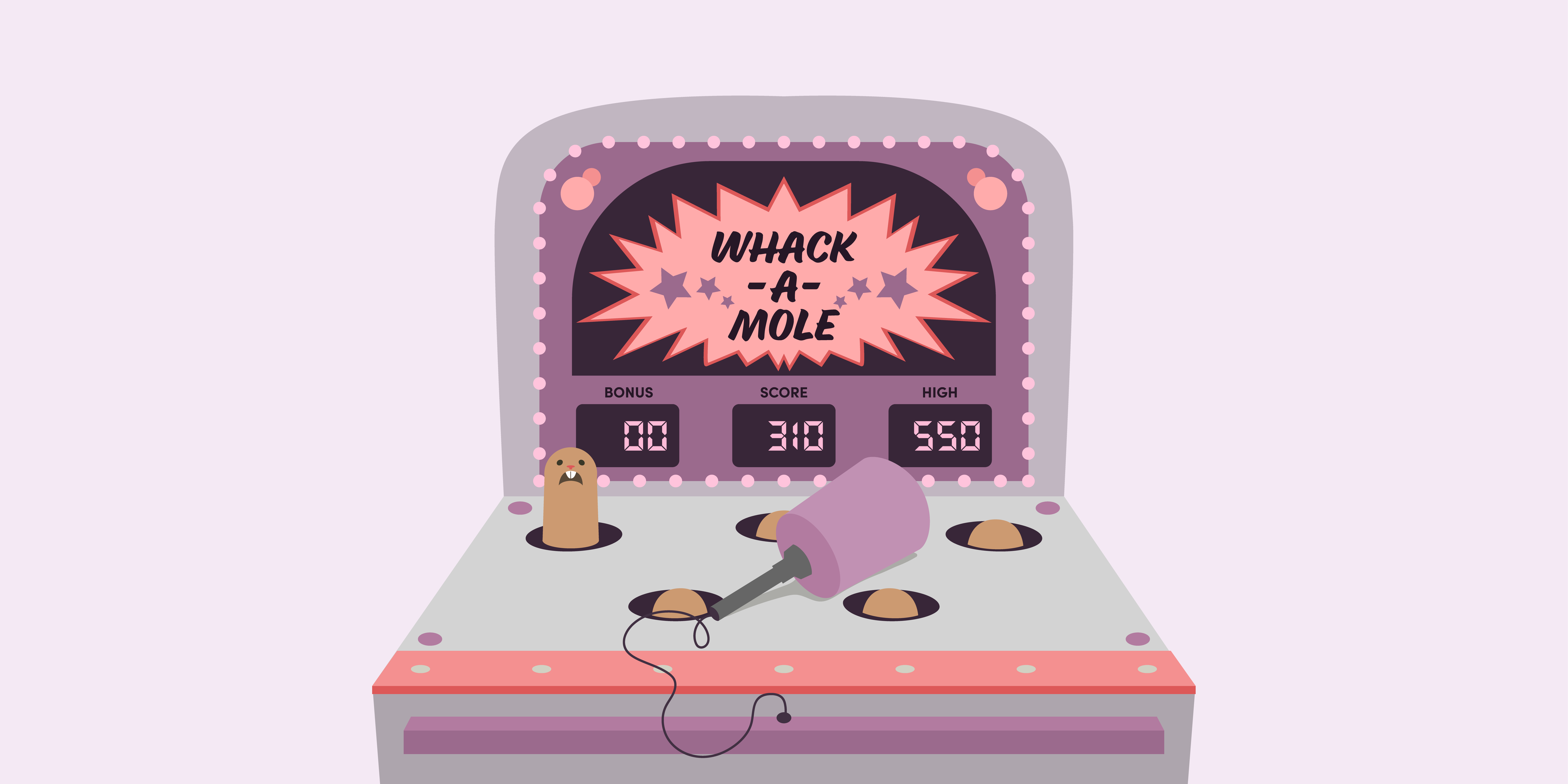In 2022, financial markets reached official bear market territory — down 20% — for multiple stock and bond indices around the world, including the Bloomberg Global Aggregate Bond Index, for the first time since its inception. In the throes of the worst bear market for some time, investors once again began hearing talk about market timing.
It’s not the first or last time investors will be tempted to try their luck timing the markets. This idea is like a Turritopsis dohrnii jellyfish – it just won’t die, no matter how many times investment professionals try to explain that market timing isn’t a real thing.
Legendary investor Jack Bogle had this to say about market timing: “I do not know of anybody who has done it successfully and consistently. I don’t even know anybody who knows anybody who has done it successfully and consistently.” And
Mr. Bogle knew a lot of investors.
But, everyone is doing it
It’s more likely they’re trying to figure out how to time the market and if you consider what market timing actually entails, it becomes apparent why it’s both difficult and pointless.
First, you have to determine that the market is going to go down.
Next, you have to figure out when it’s going down so you can get out in time.
Then, you have to decide where to park money while waiting out the downturn.
Then, you have to ascertain when the market will recover so you can get back in.
And then, you have to choose what to invest in once the market recovers.
Market timing is made all the more challenging when you consider that investors usually attempt this when their emotions are running high. But, emotions cloud our ability to make sound decisions. You’re better off sticking to a well-thought out investment plan, even though it might be unpleasant in the short term.
For every seller, there must be a buyer
The financial media have done a disservice to the investing public with this notion that there are market prognosticators out there, who they depict as experts whose word should be taken as gospel.
However, it seems everyone’s crystal ball goes into the shop at the same time since nobody ever seems to see the big ones coming. And, if they could, who would take the other side of those sell orders?
People forget that every sale requires another party to be the buyer, and those two parties need to agree on a price for the transaction to happen. The majority of investors cannot be sellers — at acceptable prices — amid impending market doom.
The other costs of market timing
In addition to the cost of unsuccessful market timing attempts, investors need to account for the transaction costs incurred to trade in and out around anticipated market downturns. There are also tax consequences to consider when making big trades in non-tax-sheltered accounts.
Who wants to spend money on trading fees, rack up a huge tax bill and then find out it was all for naught?
These cost considerations further reinforce the likelihood that staying invested will be the better course of (in)action over the long term.
The odds are stacked against market timers
Nobel-prize winning economist William Sharpe conducted an extensive study in which he calculated that market timers would have to be correct 74 per cent of the time – on both the market decline and recovery – to outperform investors who simply left their money in S&P 500 stocks. But, the “expert” market timers had a track record of just 47 per cent correct predictions.
The study is from 1975, but there is nothing to show that investors have since achieved a 50 per cent improvement in their ability to make correct predictions. If anything, the markets are more complex now and those correct predictions might be even fewer.
If market timing is possible, why aren’t there more billionaires?
David Babson, a pioneer in the investment industry who started the eponymous growth investing firm, once said, “It must be apparent to intelligent investors – if anyone possessed the ability to do so (market time) he would become a billionaire quickly.”
So, why are there career professional money managers? Presumably they’d only need a market cycle to retire extremely wealthy people. Why keep working after hitting the market timing jackpot? Why aren’t there a lot more billionaires, if there are so many successful market timers?
It’s because market timing is not a lucrative strategy that can be readily executed in real world markets.
Investing ≠ gambling
Market timing appeals to the gambler inside certain investors and hinges on their belief that somewhere, somehow, someone can beat the house.
Investors must accept that losses will occur when investing in anything other than cash or GICs, and that how they react to losses is a key determinant of investment performance.
The truth of the matter is that, as William Bernstein once said, “there are two kinds of investors, be they large or small: Those who don’t know where the market is headed, and those who don’t know that they don’t know.”
Instead of making market predictions and trying to generate short-term outperformance, investors should focus on ensuring their portfolio is appropriate for their risk tolerance — under all market conditions.
That’s the best way to ensure you’ll be able to stay the course and avoid the temptation to try and time the market.
But if you still think you can time the market, well I’ve got a bridge to sell you.






